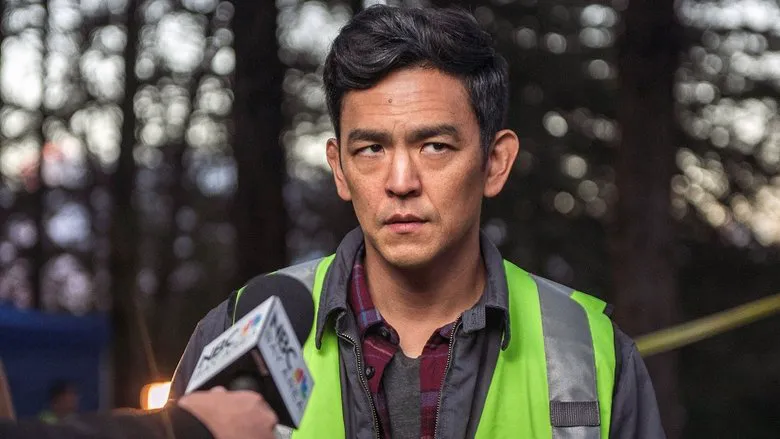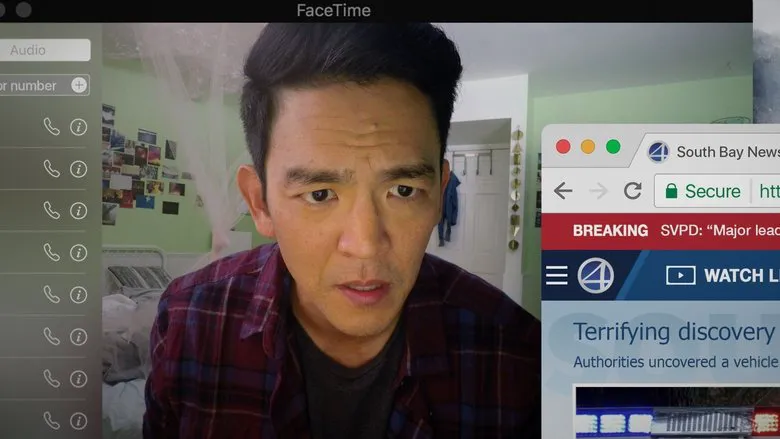Searching: A Screenlife Detective Story
A gripping, albeit somewhat straightforward, detective thriller that marks another triumph for the screenlife format.
David Kim is a single father who has drifted apart from his daughter, Margot, since his wife’s death. Margot is now in college and communicates with her father in a rather reserved manner, as he flatly refuses to talk about her mother, which is very important to Margot. One day, the girl disappears altogether – she doesn’t show up at home, at college, or at her piano lessons for several days. The police, as usual, are unable to do anything, even though they are trying this time, and David decides to take the investigation into his own hands. Fortunately, Margot left her laptop at home, and her father gains full access to all her secrets and dubious acquaintances.

The screenlife format, pioneered by Bekmambetov, continues its mostly victorious march through cinemas. Following the horror film “Unfriended” and the thriller “Profile” (which has not yet reached Russian cinemas), another genre film emerges from his production – this time a detective story – set in the space of computer monitors and mobile devices.

However, “Searching,” unlike its predecessors, somewhat betrays the format: the screen here sometimes zooms in on areas the director needs, and the film doesn’t hesitate to switch to news report cameras – all of which somewhat kills the illusion of presence that connects screenlife with mockumentary. In the debut film by Aneesh Chaganty, you don’t feel that the action could be happening on your monitor, and your hand doesn’t reach to minimize a window, as it did in “Unfriended.” The digital space here is more of an interesting “gimmick” than a full-fledged narrative device.

By depriving itself of such a powerful support for cinematic experimentation, Aneesh gives the film over to the will of the genre, forcing us to perceive “Searching” as any other detective story with all the ensuing conventions. And on this genre ground, the film works properly: the script is competently structured in terms of pace and rhythm and throws up new facts in time, turning the story of a missing daughter into a kind of roller coaster with dramatic ups and downs. Everything is by the book, one step to the left, one step to the right – execution.

Predictable Twists
But this is also the film’s main weakness: it is terribly afraid to surprise the viewer with anything if the subject of this surprise deviates from genre canons by even a millimeter. Detective conventions often intrude into the action, without which, perhaps, the film would only have benefited – it was not at all necessary for the hero to learn “the whole sinister truth” at the very last moment, and to reveal the full picture of what happened only in the finale. It’s as if a conditional Poirot comes out at the end and begins to hammer into the stupid viewer why and how everything happened. Only here, instead of Poirot, is the director himself.
The Importance of the Search
Yes, the incredible twists are impressive at first glance, but it is very cheap and weak to give the denouement to the final monologue. However, it is probably no coincidence that Chaganty called the film “Searching.” At the center here is the very process of finding evidence, and this is much more important than the agonizing experiences of a father discovering previously unknown facts about his daughter. In “Searching,” the action is much more important than the result – David Kim’s introspection, his study of his own mistakes and emotions. “Happiness lies in the doing,” old Shakespeare once wrote. That’s what “Searching” is all about.